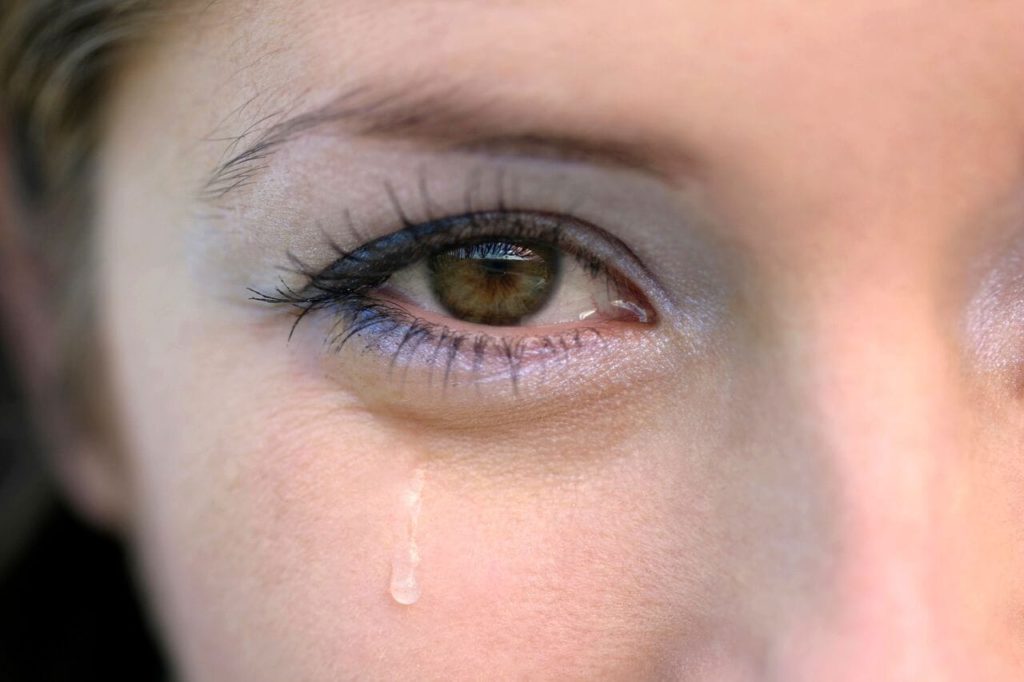While eating disorders may begin with preoccupations with food and weight, they are most often about much more than food. Eating disorders are complex conditions that arise from a combination of long-standing behavioral, emotional, psychological, interpersonal, and social factors. Scientists and researchers are still learning about the underlying causes of these emotionally and physically damaging conditions. We do know, however, about some of the general issues that can contribute to the development of eating disorders. People with eating disorders often use food and the control of food in an attempt to compensate for feelings and emotions that may otherwise seem over-whelming. For some, dieting, bingeing, and purging may begin as a way to cope with painful emotions and to feel in control of one’s life, but ultimately, these behaviors will damage a person’s physical and emotional health, self-esteem, and sense of competence and control.
Psychological Factors that can Contribute to Eating Disorders:
- Low self-esteem
- Feelings of inadequacy or lack of control in life
- Depression, anxiety, anger, or loneliness
Interpersonal Factors that Can Contribute to Eating Disorders:
- Troubled family and personal relationships
- Difficulty expressing emotions and feelings
- History of being teased or ridiculed based on size or weight
- History of physical or sexual abuse
Social Factors that Can Contribute to Eating Disorders:
- Cultural pressures that glorify “thinness” and place value on obtaining the “perfect body”
- Narrow definitions of beauty that include only women and men of specific body weights and shapes
- Cultural norms that value people on the basis of physical appearance and not inner qualities and strengths
Other Factors that can Contribute to Eating Disorders:
- Scientists are still researching possible biochemical or biological causes of eating disorders. In some individuals with eating disorders, certain chemicals in the brain that control hunger, appetite, and digestion have been found to be imbalanced. The exact meaning and implications of these imbalances remains under investigation.
Eating disorders are complex conditions that can arise from a variety of potential causes. Once started, however, they can create a self-perpetuating cycle of physical and emotional destruction. All eating disorders require professional help.

